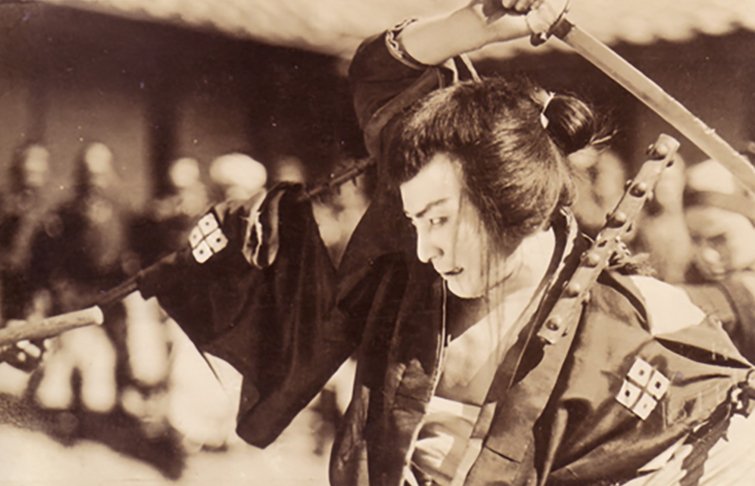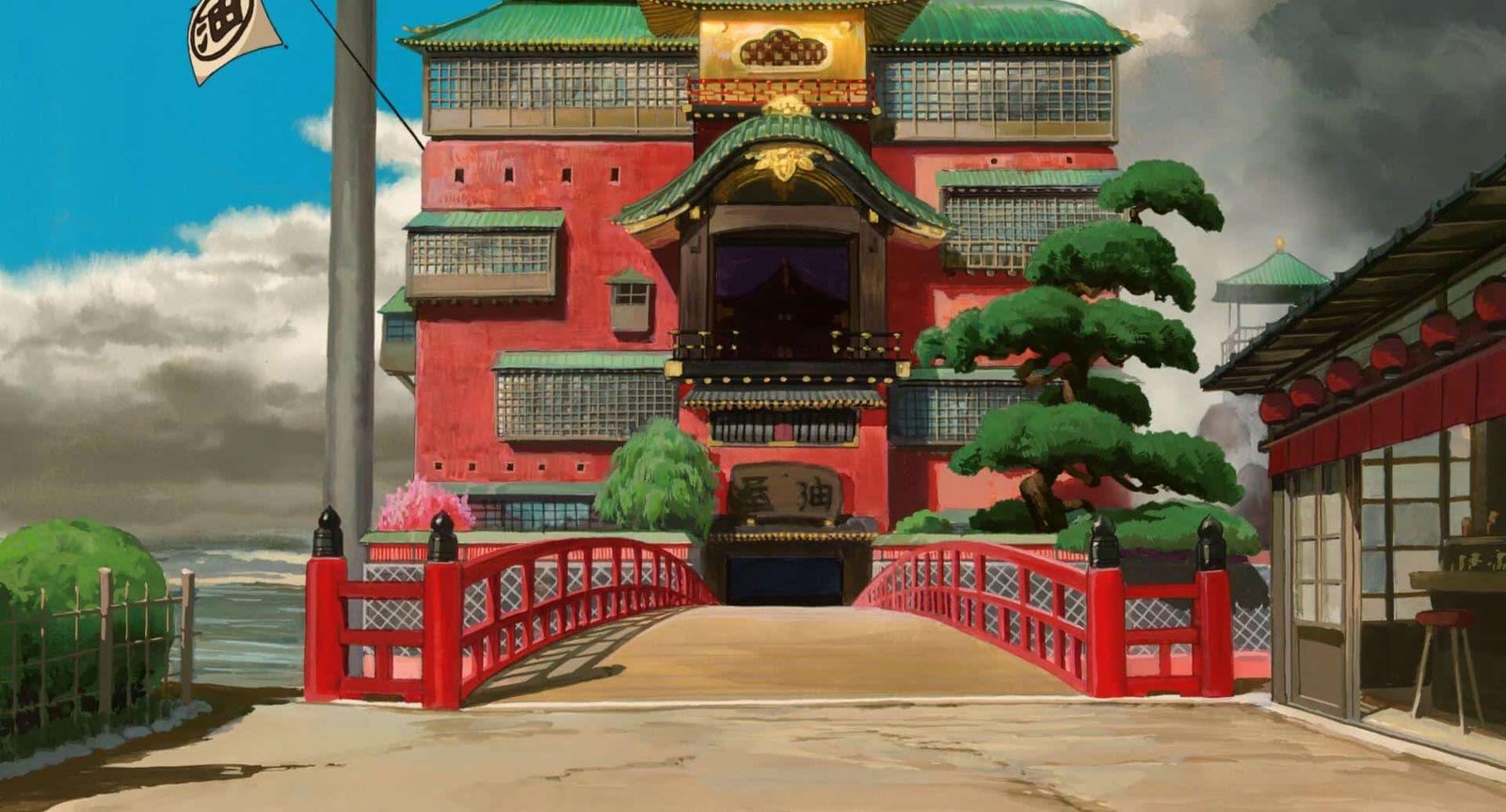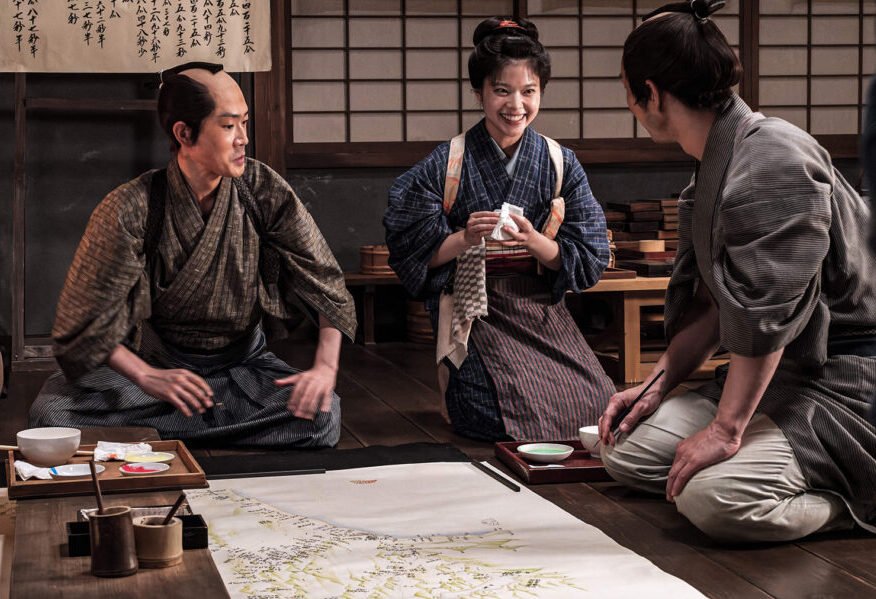Japanese film festivals have become a significant force in the world of cinema, not only by showcasing the best of Japanese filmmaking but also by influencing global cinema. These festivals offer a platform for filmmakers from around the world to exchange ideas, collaborate, and experiment with new cinematic techniques. By promoting diversity, creativity, and innovation, Japanese film festivals contribute to the broader landscape of international cinema in profound ways.
Japanese film festivals have long served as vital bridges connecting Eastern cinematic traditions with global audiences. These curated events consistently introduce groundbreaking visual storytelling techniques that ripple through international cinema.
Beyond the silver screen, this cultural exchange extends to various entertainment spheres. For those seeking premium online experiences, platforms like Jokaviproom Official demonstrate how Japanese design principles influence digital entertainment interfaces worldwide. The meticulous curation seen at Tokyo International Film Festival inspires global event organizers to elevate their programming standards. This cross-pollination of creative vision continues to shape how audiences engage with visual media across all platforms.
Showcasing Japanese Talent to the World
Japanese film festivals, like the Tokyo International Film Festival (TIFF), play a critical role in introducing Japanese filmmakers to a global audience. Historically, Japanese cinema has produced legendary directors like Akira Kurosawa, Yasujirō Ozu, and Hayao Miyazaki. Their contributions to world cinema have left a lasting legacy, and modern Japanese filmmakers continue to build on this foundation.
By featuring a diverse range of films—ranging from arthouse productions to anime and blockbuster movies—festivals such as TIFF allow emerging Japanese filmmakers to gain international recognition. These festivals serve as launching pads, helping Japanese directors secure global distribution deals and gain critical acclaim. In turn, Japanese cinema’s storytelling, artistic vision, and unique narrative styles influence filmmakers from other parts of the world.

Expanding Global Audiences for Japanese Genres
Japanese film festivals have been instrumental in popularizing specific genres like anime, J-horror, and samurai films, making them household names worldwide. Festivals like the Yubari International Fantastic Film Festival, which specializes in horror and fantasy, offer a glimpse into the creativity of these genres. As a result, global audiences have embraced Japanese cinematic forms, inspiring filmmakers from different countries to adopt and adapt these elements.
For example, J-horror films like Ringu and Ju-on not only achieved international success but also sparked a wave of horror remakes in Hollywood. Japanese anime, showcased at festivals like TIFF and the Kyoto International Film and Art Festival, has grown into a global phenomenon. The intricate storytelling and artistic style of Japanese animation have influenced countless filmmakers and animators across the globe.
Encouraging Cultural Exchange Through Cinema
Japanese film festivals provide an essential platform for cultural exchange, encouraging filmmakers from different regions to collaborate and share their artistic visions. Events like the Osaka Asian Film Festival (OAFF) and the Short Shorts Film Festival & Asia showcase not only Japanese films but also films from across Asia, bridging cultural gaps through the art of cinema.
These festivals foster connections between filmmakers from different backgrounds, leading to collaborations that blend various storytelling techniques, themes, and styles. Through these exchanges, global cinema evolves, with influences from Japan’s unique cinematic heritage merging with elements from other cultures. This cross-pollination enriches the global film industry, resulting in more diverse and innovative films.
Driving Innovation in Storytelling and Cinematic Techniques
Japanese film festivals are renowned for showcasing experimental and boundary-pushing films that challenge traditional filmmaking techniques. This spirit of innovation has a significant influence on global cinema, encouraging filmmakers worldwide to think outside the box.
The Short Shorts Film Festival & Asia, for instance, places a strong emphasis on creativity and experimentation, particularly in the realm of short films. Filmmakers at these festivals often explore unconventional storytelling methods, visual styles, and narrative structures. This creative freedom has inspired international filmmakers to embrace bold, innovative approaches, pushing the boundaries of what cinema can achieve.
Elevating the Role of Female Filmmakers
Japanese film festivals have also contributed to the rise of female directors and creators in the global film industry. As conversations around gender representation in cinema grow, festivals like TIFF have made concerted efforts to highlight the work of female filmmakers, both from Japan and around the world.
By promoting films that address issues of gender, identity, and societal expectations, these festivals give voice to underrepresented perspectives. This focus on inclusivity has a ripple effect across the global film industry, inspiring other film festivals and production companies to prioritize diversity in their selections and storytelling.
Influencing Global Trends in Cinema
Japanese film festivals, by showcasing a mix of genres and innovative storytelling, have also influenced global trends in cinema. For instance, the rise of minimalist filmmaking in recent years, which focuses on subtle narratives and emotional depth, can be traced back to the influence of Japanese cinema, particularly the works of directors like Ozu and Kore-eda.
Moreover, the blending of genres, as seen in many Japanese films, has inspired international filmmakers to break away from rigid genre conventions. The fusion of horror with drama, or fantasy with deep philosophical questions, is something that has become more prominent in global cinema, partly due to the influence of Japanese films showcased at these festivals.
Conclusion
Japanese film festivals continue to leave an indelible mark on global cinema, serving as platforms for innovation, cultural exchange, and the discovery of new talent. Through their celebration of diverse genres, promotion of gender inclusivity, and encouragement of boundary-pushing storytelling, these festivals shape trends and inspire filmmakers worldwide. As Japanese film festivals grow in prominence, their influence on the global cinematic landscape will only continue to expand.









